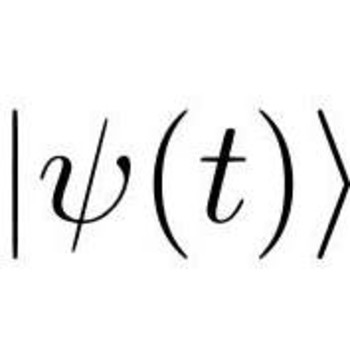What does abiogenesis say about the origin of life?
1 Answer
Abiogenesis says that life originated from purely material naturalistic causes by accidental random combinations of chemicals.
Explanation:
The most popular form of abiogenesis is seen in the disproven Miller-Urey experiment. The diagram of a flask containing organic chemicals created by an electrical discharge in a reducing atmosphere is found in many textbooks. The reducing atmosphere used in the experiment was based on early theories that the earth's early atmosphere was similar to the composition of elements found in outer space. The empirical evidence is that such an atmosphere if it ever existed would not have been blown away as the earth formed.
Another popular form of abiogenesis is that globules of proteins formed primate cells feeding on one anther. The so called protein first theory. This doesn't work as the proteins would have no means of reproduction.
A third theory is that
The most likely possibility is the
There is presently no theory sufficient to explain how life could have come about by purely natural causes. Only the philosophy of material realism that natural causes are the only forces acting in the cosmos makes belief in abiogenesis reasonable.

